Top Picks for 2024 Best Gas Storage Hot Water System: Reliable & Efficient Choices
CHECK OUT OUR 2025 BEST GAS STORAGE HOT WATER SYSTEM AWARDS
In search of the 2024 best gas storage hot water system for your home? This no-nonsense guide compares top models based on crucial factors such as energy efficiency, longevity, and running costs, helping you to make a well-informed choice without the sales pitch.
Key Takeaways
-
The top gas storage hot water systems for 2024 include the Rheem Stellar, Aquamax G390SS, Dux Prodigy 5, Vulcan Freeloader, and Rinnai Hotflo; each offering unique features such as high energy efficiency, durability, and optimized performance for multiple taps.
-
Key considerations when choosing a gas storage hot water system include energy efficiency, running costs, capacity, and warranty, with professional installation recommended to ensure safety and system longevity.
-
Regular maintenance is crucial for the longevity and performance of gas storage hot water systems, and despite their advantages, they face competition from tankless systems which offer greater energy efficiency and space savings at a higher initial cost.
Top 5 Gas Storage Hot Water Systems for 2024
As 2024 unfolds, we see the emergence of several standout gas hot water systems, each with its unique features and advantages. Some of the top systems include:
-
Rheem Stellar: a high-performance system
-
Aquamax G390SS: an efficient and durable option
-
Dux Prodigy 5: known for its improved burner technology
-
Vulcan Freeloader: an affordable and reliable choice
With these options available, there is something for everyone.
The Rinnai Hotflo, designed for multiple taps, guarantees that every shower in the house can run hot water simultaneously with no issues. What differentiates these systems from each other?
Rheem Stellar: High-Performance Gas Storage System
Rheem Stellar stands tall among its peers, boasting a 5-star energy efficiency rating. Its advanced design and rapid hot water recovery rate give it an edge in performance, making it ideal for larger homes. The system’s stellar performance doesn’t stop there. It also contributes to reducing your gas bill, ensuring you enjoy hot showers without the worry of escalating costs.
The Rheem Stellar offers the following warranties:
-
12-year cylinder warranty, covering defects or issues with the cylinder
-
3-year labour warranty for the cylinder
-
1-year warranty for all other components
The gas system, featuring a heat exchanger, runs on natural gas, making it a top choice among gas hot water systems.
Aquamax G390SS: Efficient & Durable Gas Water Heater
The Aquamax G390SS gas water heater is a shining example of both efficiency and durability. Here are some key features of this system:
-
5-star energy rating, making it highly energy efficient
-
Minimizes energy consumption, resulting in cost savings
-
Durable design for long-lasting performance
If you’re looking to install a new hot water system, the Aquamax G390SS is a cost-effective choice that will provide you with reliable and efficient hot water.
The Aquamax G390SS features include:
-
Designed for households with 3-6 occupants
-
Delivers a substantial 390 litres in the first hour
-
Built to cater to the needs of various climates and a range of household sizes
-
Lifespan of up to 20 years when properly maintained
-
Sturdy 12-year cylinder warranty to protect your investment.
Dux Prodigy 5: Improved Burner Technology
The Dux Prodigy 5 offers the following features:
-
Larger and more efficient design for enhanced hot water production
-
Improved recovery times for faster hot water delivery
-
Cutting-edge burner technology for reliable hot water supply
The advancement extends beyond that. The Dux Prodigy 5 also incorporates dual anodes to offer additional protection against corrosion within the tank. This heightened protection aids in prolonging the operational lifespan of the system’s tank by averting premature degradation. It also comes with a comprehensive 7-year warranty that covers the cylinder, providing robust protection during the initial period of use.
Vulcan Freeloader: Affordable & Reliable Gas Hot Water System
The Vulcan Freeloader strikes a balance between affordability, durability, and reliability. Its provision of high-quality technology at a competitive price point makes it an attractive option for those seeking a cost-effective hot water solution. The system is reliable, offering rapid and effective hot water provision and the ability to provide continuous hot water at various taps.
Designed for Australian conditions, the Vulcan Freeloader features:
-
A streamlined, space-saving design with locally manufactured components
-
A sturdy build, including a Colorbond exterior and twin anodes & double-bonded ceramic, enhancing its durability
-
A 135-litre capacity, making it suitable for household use
-
A reassuring 5-year cylinder warranty.
Rinnai Hotflo: Optimized for Multiple Taps
The Rinnai Hotflo is designed with busy households in mind, offering optimized performance for multiple taps. It ensures consistent performance even during periods of high hot water demand from various points within the house. This eliminates the morning scramble for the first hot shower.
In addition to its impressive performance, the Rinnai Hotflo offers the following benefits:
-
Reduction in energy consumption by optimizing gas usage
-
Improved energy efficiency and cost savings
-
8-year warranty for the cylinder, contingent upon adherence to the water chemistry and impurity level guidelines outlined in the manufacturer’s documentation
These features provide an added layer of protection for your investment.
Factors to Consider When Choosing a Gas Storage Hot Water System
Choosing the right gas storage hot water system for your home requires consideration of several key factors. These include the system’s energy efficiency, running costs, capacity, and warranty.
Allow us to examine these factors more thoroughly.
Energy Efficiency
Energy efficiency isn’t just about being environmentally friendly – it’s also a matter of economics. An energy-efficient system can significantly reduce energy consumption and lower your utility bills. Some top energy-efficient systems include:
-
Rheem Stellar: 5-star energy efficiency rating
-
Aquamax G390SS: 5-star energy efficiency rating
-
Dux Prodigy 5: 5.4 stars for its 135L model and 5.2 stars for the 170L model
-
Vulcan Freeloader: 4-star energy efficiency rating or higher
-
Rinnai Hotflo: 4-star energy efficiency rating or higher
Keep in mind, high energy efficiency ratings imply lower energy consumption, which can considerably decrease your utility bills. This means that a system with a high energy efficiency rating can result in significant cost savings in the long run, making your initial investment worthwhile.
Running Costs
The running costs play a vital role in the selection of a gas storage hot water system. This factor can greatly influence the system’s long-term cost-effectiveness. For instance, the annual operational costs for a Rheem Stellar Gas Storage System can amount to $1700 for an LPG 4-star unit and $1000 for a Natural Gas Connection, suitable for a family of four.
For a more accurate estimate of operational costs, consider using resources such as the Rheem Running Cost Estimator. This tool enables you to specify your location and compare the projected operational expenses across different water heater models. Remember, running costs for gas storage hot water systems are influenced by several factors such as the geographical location, the type of gas utilized (LPG or Natural Gas), and the volume of hot water usage. It is essential to take these factors into account to accurately determine the annual running expenses.
Capacity
In selecting a gas storage hot water system, capacity plays a critical role. The system’s capacity should be sufficient to meet the hot water demands of your household. This is generally determined by considering the number of individuals in the household, with a larger storage capacity recommended for households with more occupants.
The capacity ranges of the top-rated gas storage hot water systems for the year 2024 are between 135 litres and 170 litres. However, it’s important to note that larger capacity gas storage hot water systems generally consume more energy because of the increased heat loss through the cylinder walls. Therefore, it’s crucial to balance the capacity with the energy efficiency when choosing a system.
Warranty
A warranty instills assurance and safeguards your investment. It covers potential defects or malfunctions without you incurring extra expenses. Standard warranty periods for gas storage hot water systems typically range from 7 to 10 years, with coverage encompassing:
-
defects in materials or workmanship
-
excluding improper installation
-
repairs by unauthorized personnel
-
damage due to neglect or misuse.
Warranty coverage can also significantly impact the overall cost of owning a gas storage hot water system by providing protection against unexpected repair expenses. To claim a warranty, it is recommended to directly contact the manufacturer or supplier. Companies such as Rheem, Dux, and Vulcan offer comprehensive warranty procedures and contact details for servicing claims.
Installation & Maintenance of Gas Storage Hot Water Systems
After selecting your preferred gas storage hot water system, the subsequent steps involve its installation and maintenance. A professional should handle the installation to ensure the system functions safely and efficiently.
It is equally important to maintain the system regularly to extend its lifespan and maximize performance.
Professional Installation
Gas storage hot water systems require professional installation. It guarantees peak performance, correct sizing, and safety. This involves the correct handling of gas connections, securing the unit, and configuring it in compliance with local codes and standards.
A professional installer of gas storage hot water systems should:
-
Hold a valid gasfitting license
-
Have received relevant training
-
Have completed a three-to-four-year plumbing apprenticeship
-
Possess expertise in gas connections, venting, and safe completion of gas work
The potential hazards of self-installing a gas storage hot water system include:
-
Risk of improper installation leading to damage to the property
-
Expensive repairs
-
Non-compliance with warranty, building codes, and legal regulations
-
Potential for gas leaks, which can lead to carbon monoxide poisoning or explosions.
Regular Maintenance
Routine maintenance and servicing are essential in preventing component wear and tear, thus extending the lifespan of a gas storage hot water system. The recommended servicing interval for a gas storage hot water system is every 5 years. However, for residents in areas with hard water, it is advisable to have the system serviced every 6 months.
Indicators that a gas storage hot water system requires maintenance include temperature inconsistency, hot water tank leakage, water pressure inconsistency, unusual system noises, cloudy or discolored water, and problems with the thermostat, burner, dip tube, or sediment accumulation in the tank. The essential procedures for upkeeping a gas storage hot water system include regularly releasing the temperature and pressure relief valve, assessing the plumbing around the storage hot water heater, testing the hot water temperature, inspecting and flushing the ECV, inspecting the anode, checking for calcium build-up, replacing the TPR valve, and visually checking all components of the system.
Common Repairs
Like all appliances, gas storage hot water systems may require repairs from time to time. These might include addressing leaks, resolving pilot light issues, and fixing burner problems to ensure the system’s efficiency and safety.
Addressing these issues typically necessitates professional assistance. For instance, addressing leaks in Aquamax G390SS gas water heaters usually requires contacting AquaMAX Service or a plumber. Additionally, it is crucial to replace the relief valve every 5 years as this is a common issue.
On the other hand, frequent pilot light issues in Dux Prodigy 5 gas storage systems may involve challenges in igniting the pilot or maintaining its flame. At times, relighting the pilot may resolve the issue.
For Vulcan Freeloader systems, addressing burner issues usually involves the following steps:
-
Remove the access cover.
-
Turn off the gas control knob.
-
Vent the area for 5 minutes.
-
Relight the pilot following the provided instructions.
Gas Storage vs. Tankless Hot Water Systems
While our focus has been on gas storage hot water systems, it’s worth noting that tankless hot water systems also have their merits. These systems heat water as needed without the need for storage, resulting in greater energy efficiency and a more compact design.
Let’s examine the advantages and disadvantages of each system.
Pros & Cons of Gas Storage Systems
Gas storage hot water systems bring along their own set of benefits. They utilize a gas burner located below the storage tank to heat cold water piped into the tank, ensuring a continuous supply of hot water. Hot water heaters, specifically gas storage ones, are affordable due to the generally lower cost of gas in comparison to electricity, offsetting the initial higher investment in the system.
Nevertheless, gas storage hot water system have some drawbacks, including:
-
Higher gas consumption due to heat loss through the walls of the storage cylinder
-
Contribution to greenhouse gas emissions
-
Occupying a significant amount of space, which could be a limiting factor for homes with limited space.
Pros & Cons of Tankless Systems
Conversely, tankless hot water systems offer several advantages over traditional storage water heaters:
-
They supply hot water as needed, eliminating standby energy losses.
-
They are more energy-efficient, resulting in lower energy consumption.
-
They are more compact in size, requiring less space in the household.
However, they too have their own set of challenges. The initial investment for installing a tankless hot water system can be quite high, with costs varying between $1,933 and $6,167, with a national average of approximately $2,875. Larger or specialized units may have a total cost of up to $8,900. The installation of a tankless hot water system also requires additional complexity due to potential upgrades needed for gas lines or electrical systems, as well as the requirement for specialized knowledge during the installation process.
Summary
In conclusion, choosing the right gas storage hot water system involves considering factors such as energy efficiency, running costs, capacity, and warranty. Professional installation and regular maintenance are also crucial to ensure the system’s safe and efficient operation. Whether a gas storage or tankless system is the right choice for you will depend on your specific needs and circumstances. By arming yourself with knowledge and carefully considering your options, you can make a confident choice that will provide warm, comforting showers for years to come.
Frequently Asked Questions
What is the most energy-efficient hot water storage system?
The most energy-efficient hot water storage system is a heat pump hot water system, which can be up to three times more efficient than an electric hot water system. Solar-powered systems are also a highly energy-efficient option, despite being more expensive to purchase.
Which is better Rheem or Dux?
Rheem is a better option to consider when buying a water heater due to its reputation and reliability, although Dux dual hot water systems are still a good choice. Consider the support to the plumbing industry before making a decision.
What are the top 5 gas storage hot water systems for 2024?
The top 5 gas storage hot water systems for 2024 are Rheem Stellar, Aquamax G390SS, Dux Prodigy 5, Vulcan Freeloader, and Rinnai Hotflo, which offer efficient and reliable performance for your hot water needs.
Why is professional installation necessary for gas storage hot water systems?
Professional installation is essential for gas storage hot water systems to guarantee safe operation, proper gas handling, unit security, and compliance with local codes and standards.
What maintenance is required for a gas storage hot water system?
To maintain a gas storage hot water system, it's necessary to service it every five years, flush the water heater at least every six months, check the pressure relief valve, and inspect for leaks. Regular maintenance is essential to ensure the system's efficiency and safety.




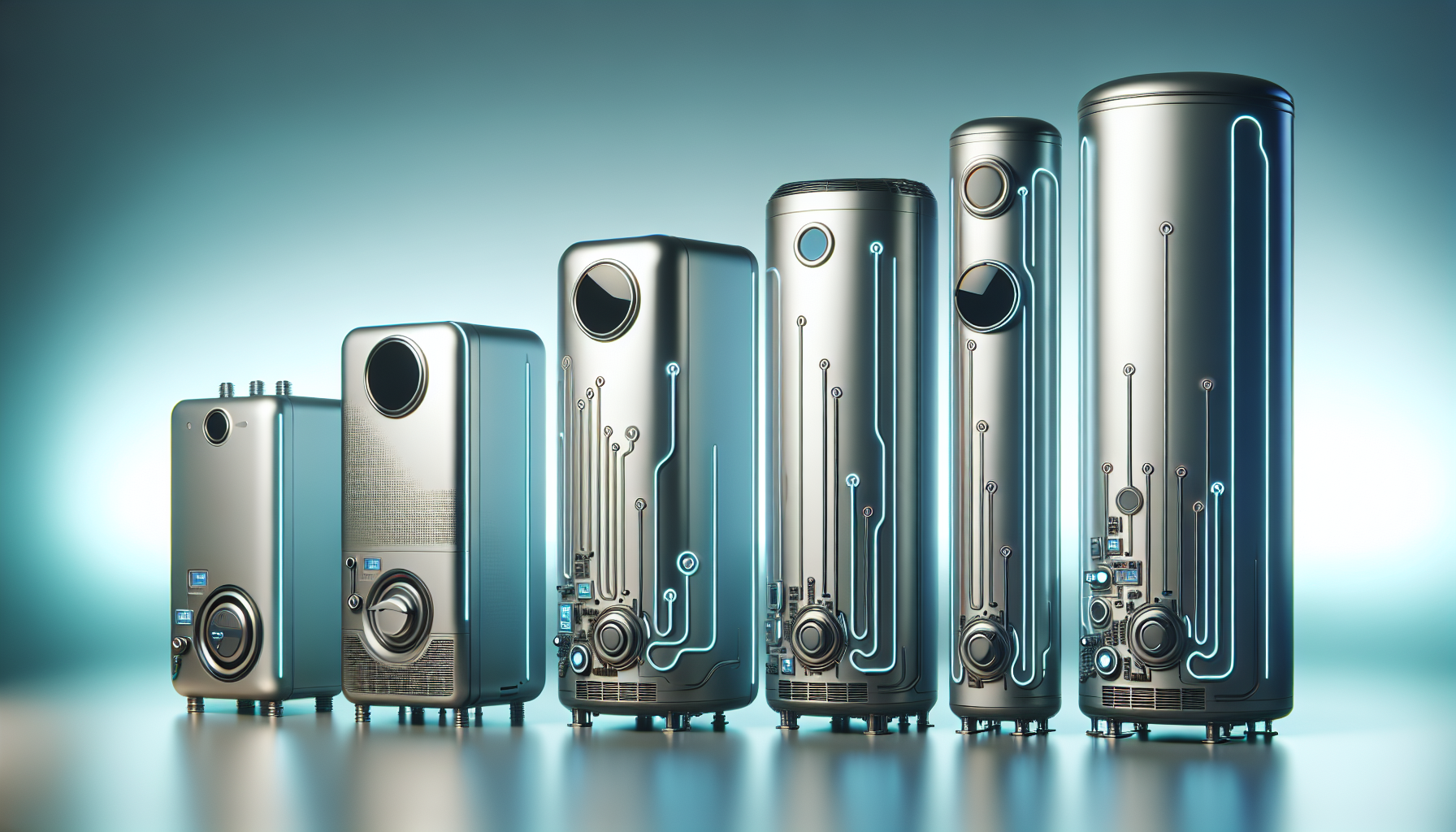
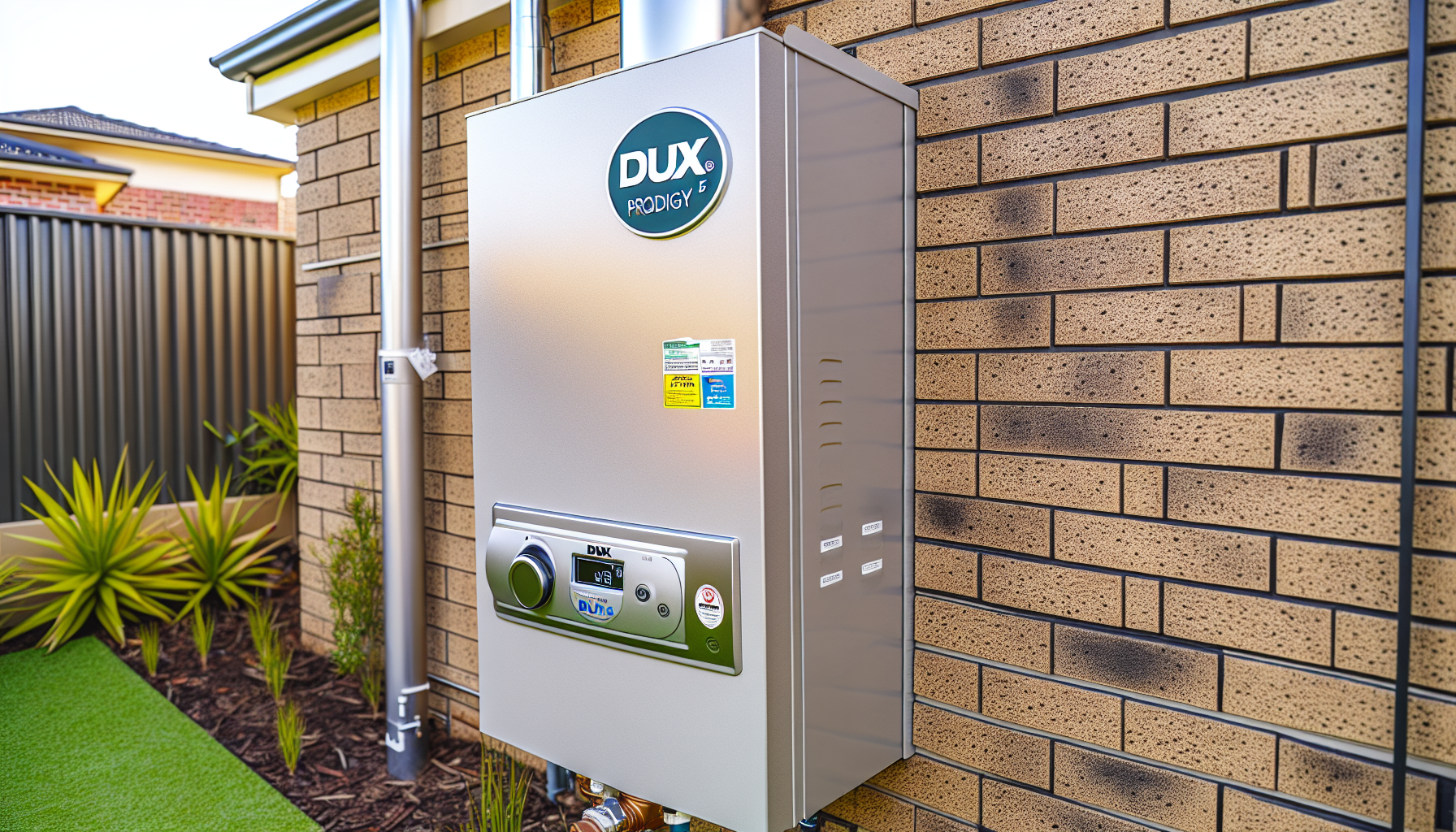
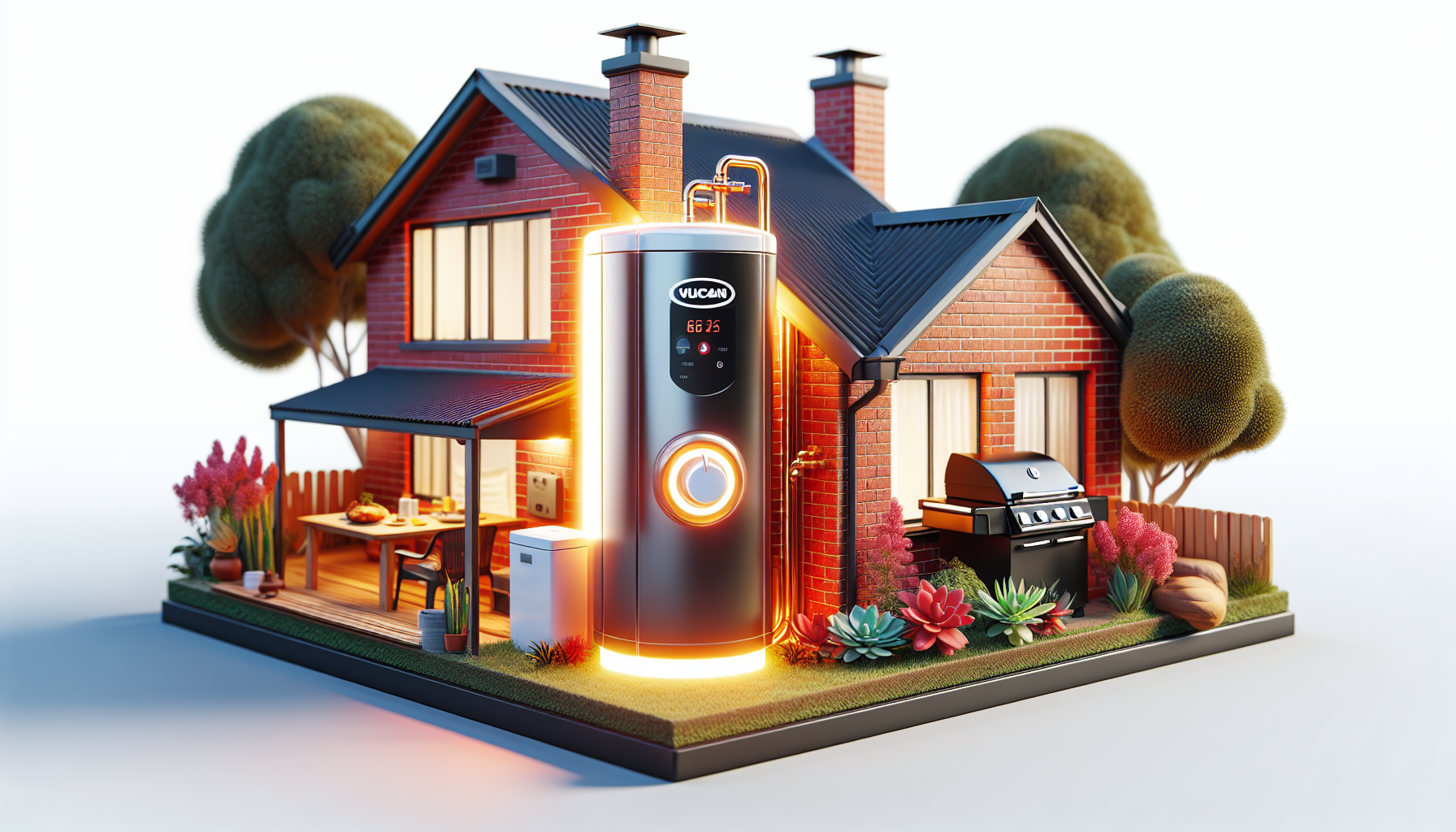
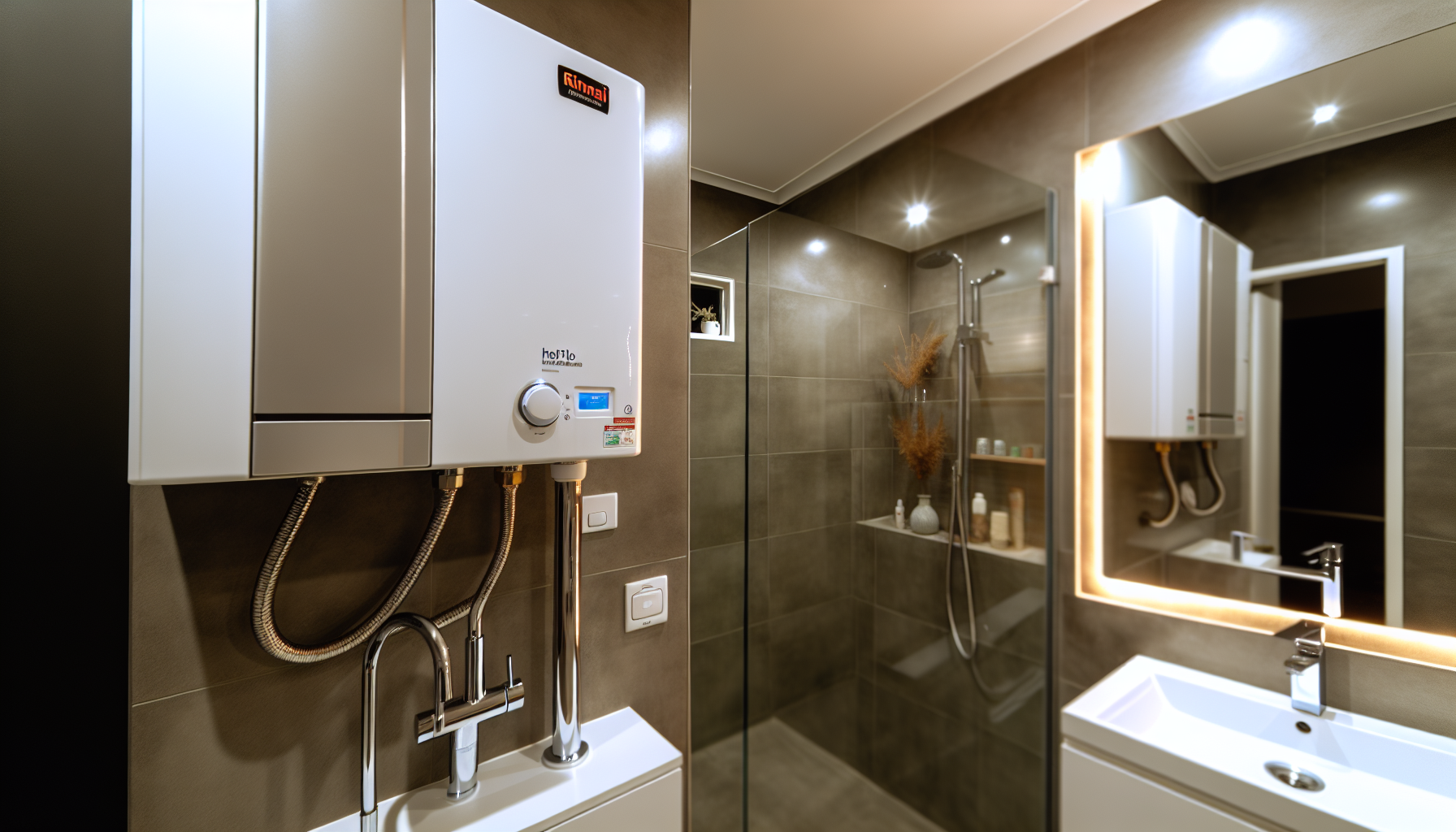
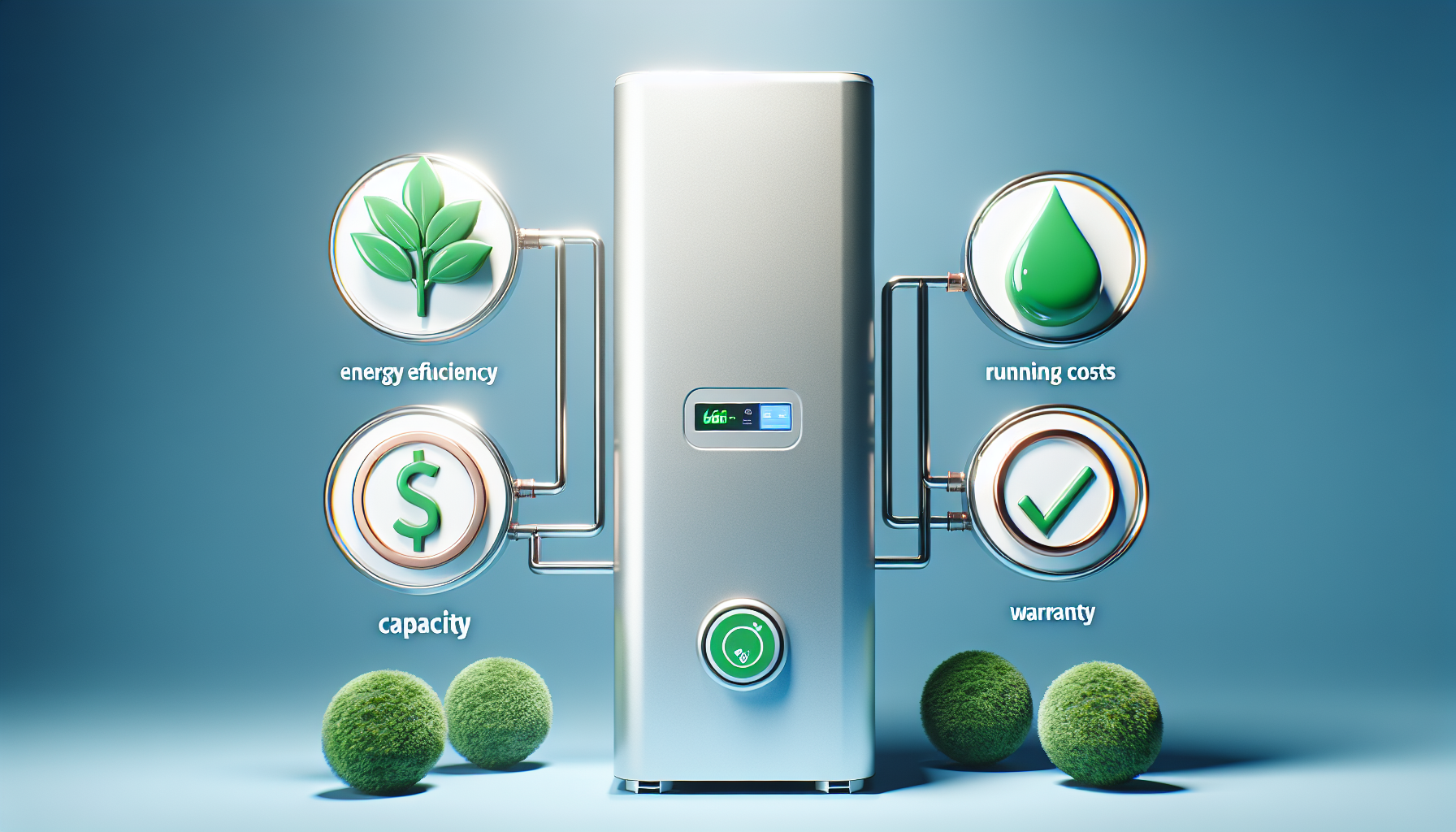
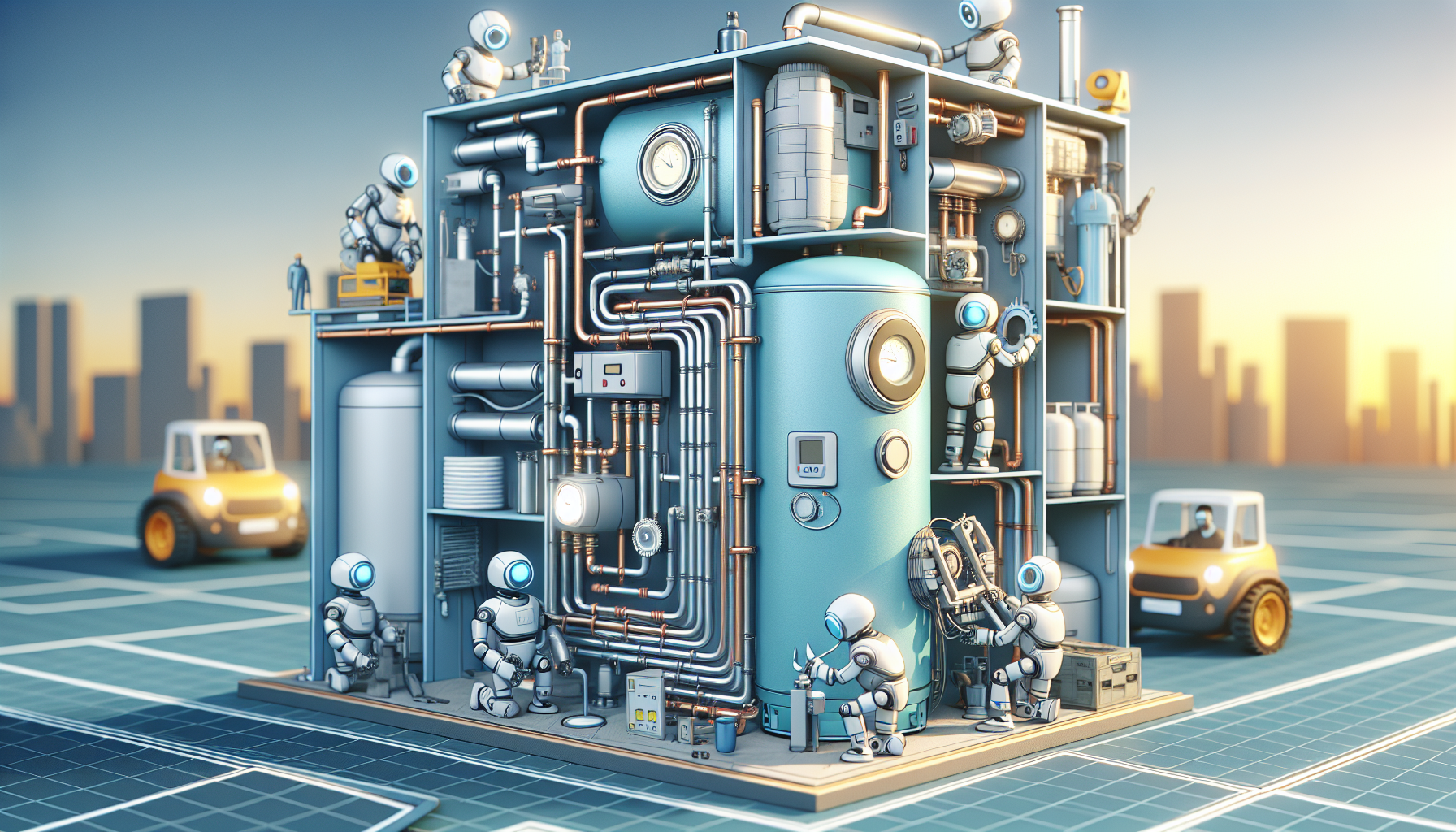
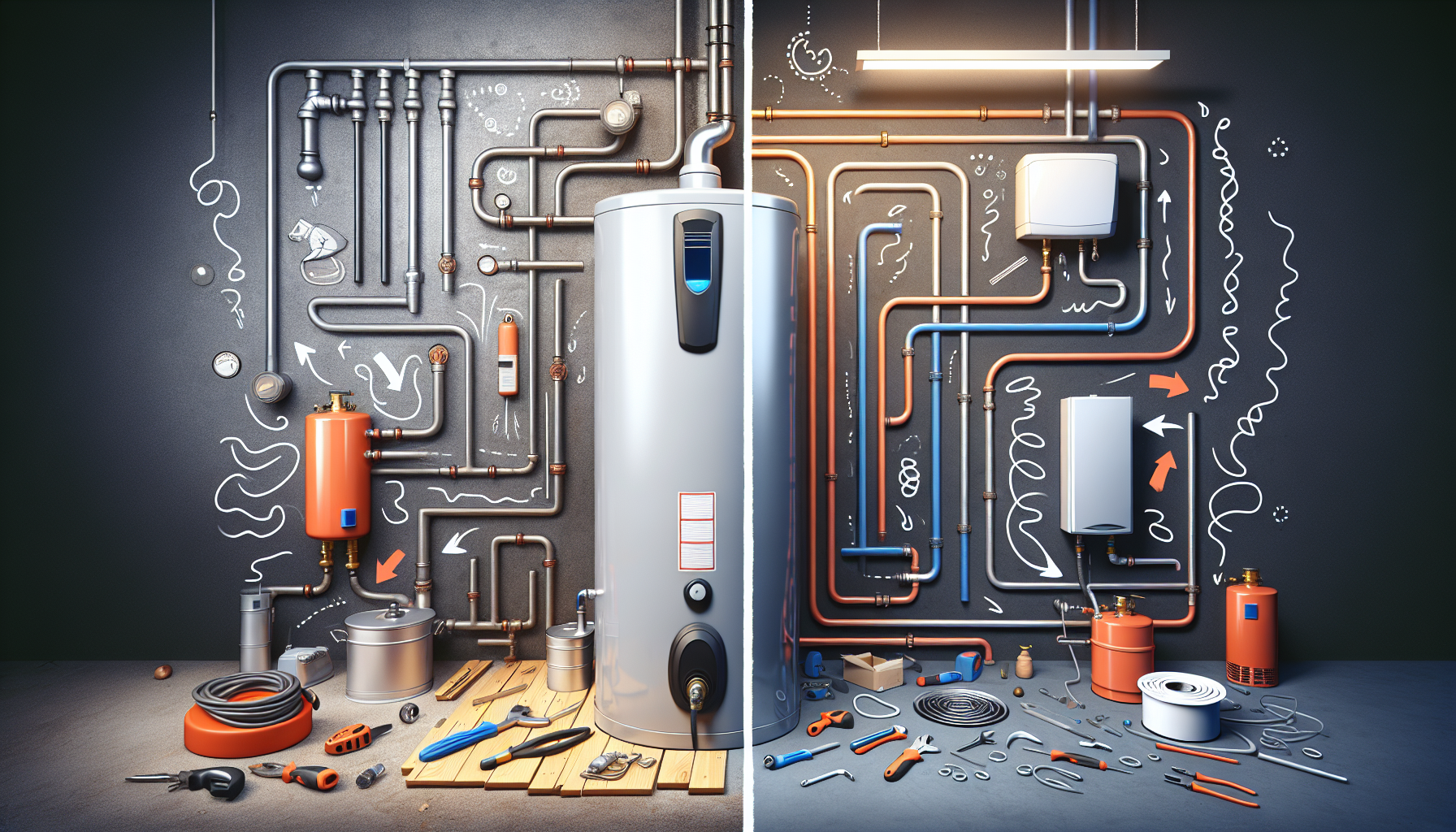

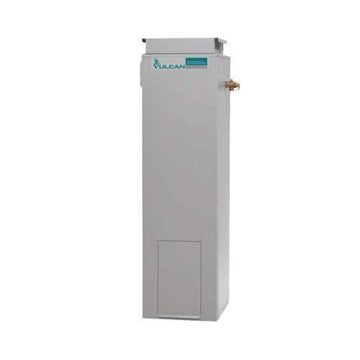
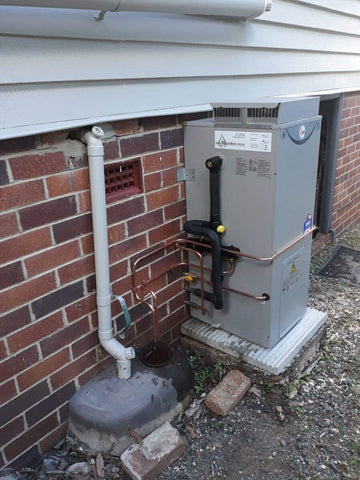
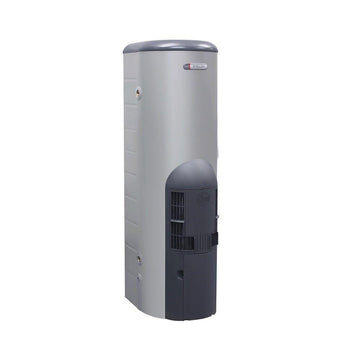
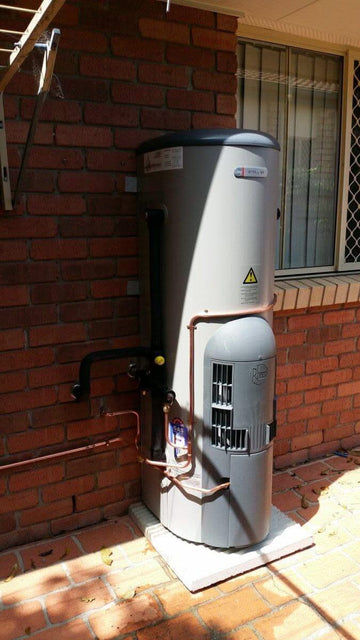
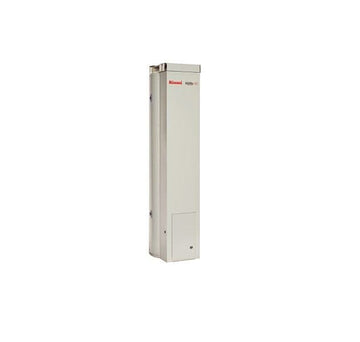
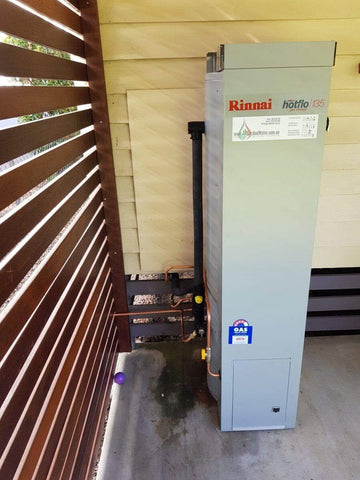
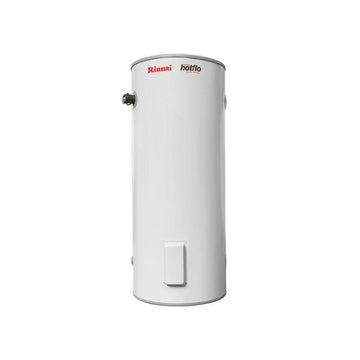
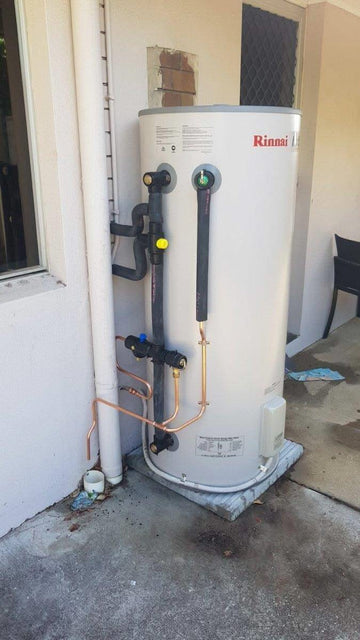
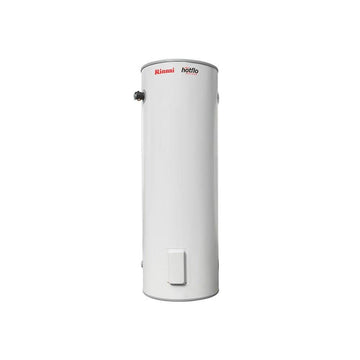
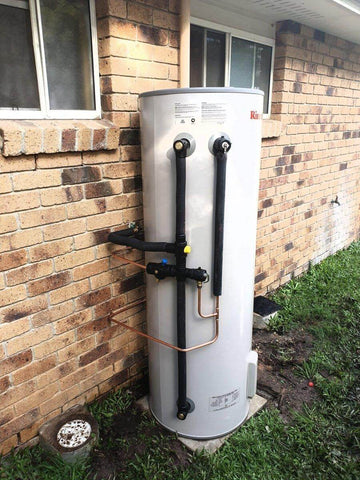
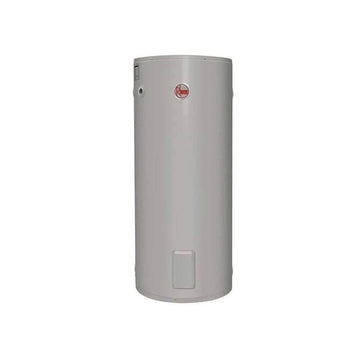

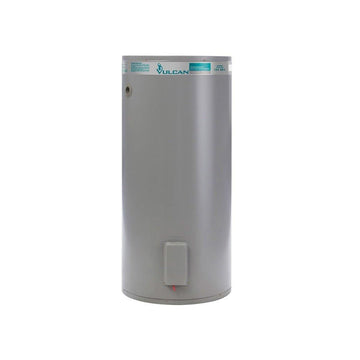

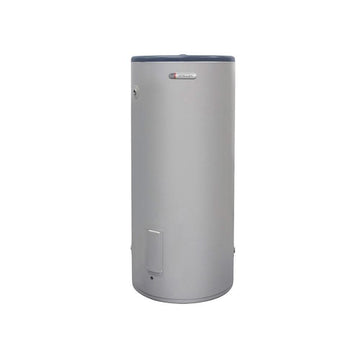
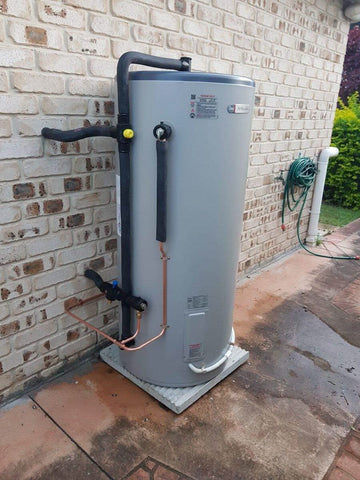
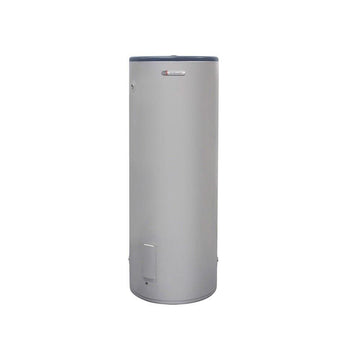
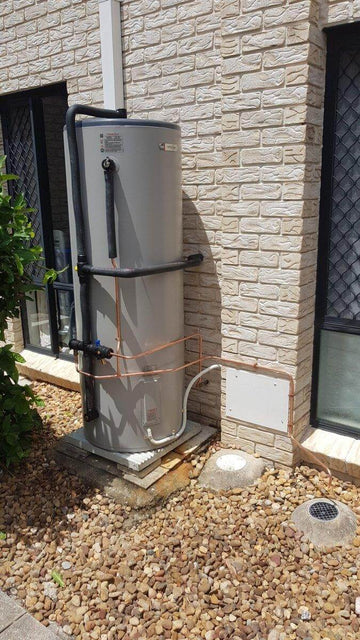
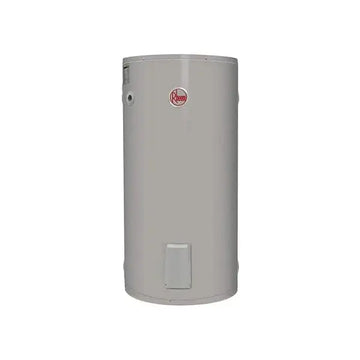
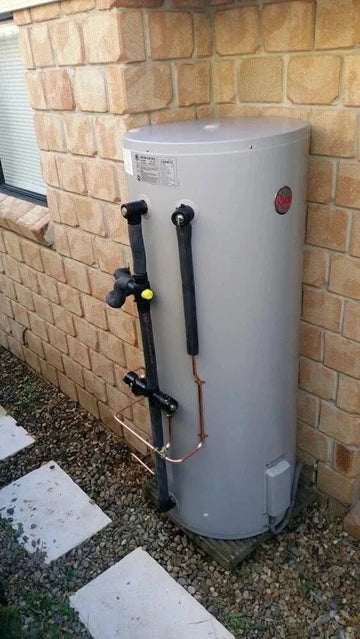
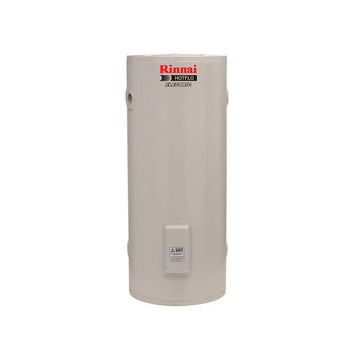
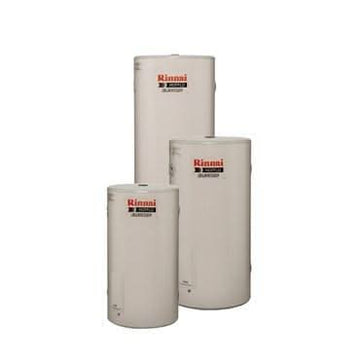
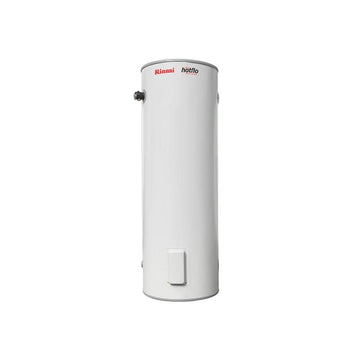
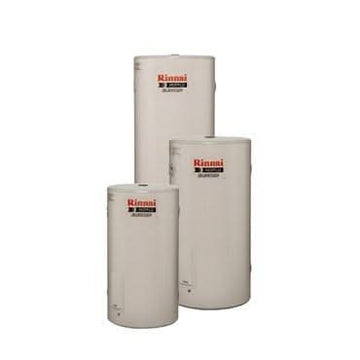
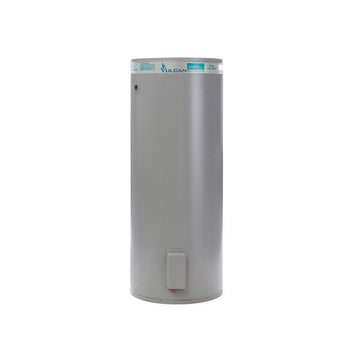
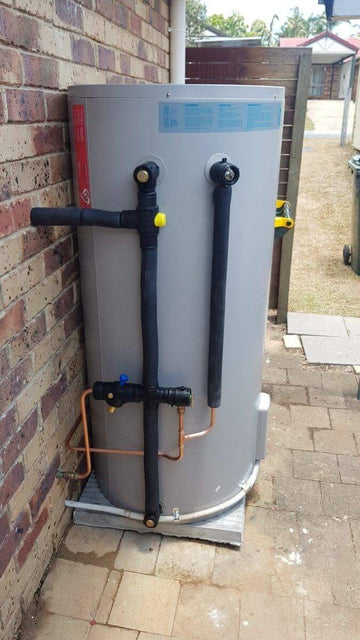

Leave a comment